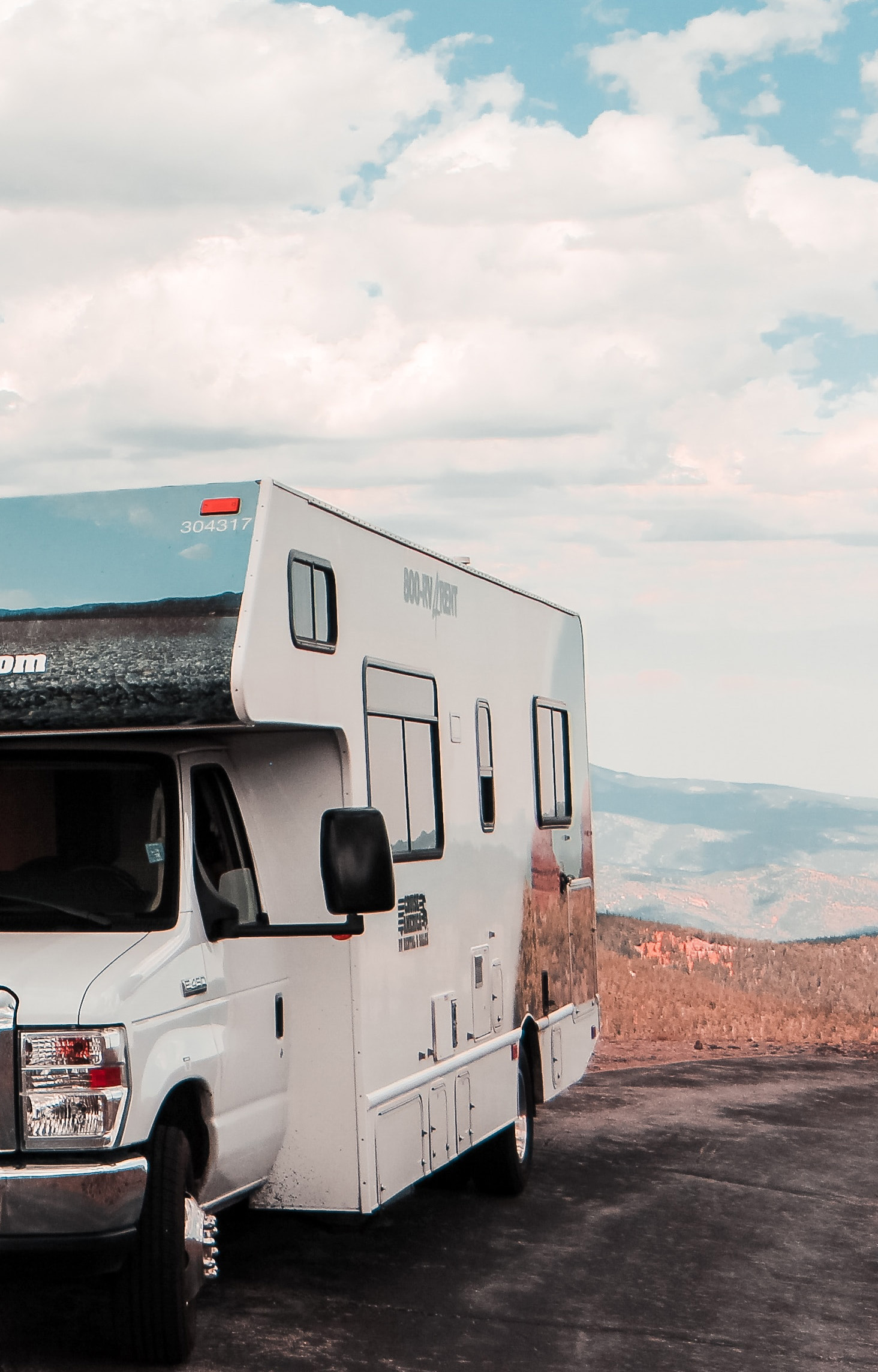Motor homes are generally a substantial investment, much like your house. To many, their coach motor home IS their primary, or secondary home. Either way, you must consider your motor home as your abode, even if for a short term. Just like your home or condo, you will need insurance to protect it from fire, flood, wind, theft, and other types of accidental and unforeseen damages. Additionally, motor homes generally have much more sophisticated appliances and equipment, such as air conditioning and electronic systems, all of which require additional insurance protection to cover replacement or repair.
Rv’s called 5th wheels need coverage for both your truck and your trailer. Because a 5th wheel trailer that you pull behind a your vehicle with a trailer hitch differs greatly from a coach that you drive, 5th wheel RVs have special dangers to insure against. It is important to understand that these types of RVs do not fall under your automobile insurance, and they are not covered under your homeowners policy either.
Travel trailers require you to consider campsite liability and allowances for specialty towing and repair, should you experience a mechanical breakdown. Depending on your state of residence, you may have some existing coverage under your automobile policy that also covers trailers. Sometimes, you can add on to that policy, depending upon the size and use. Many times this protection is very affordable. Of course, a travel trailer sometimes serves other purposes, and some items will not be protected, such as your personal effects. This is an example of why a specialized quote is so important. Contact one of our agents today, so you can get expert advice on what types of additional coverage you will need for your Recreational Vehicle.
Coverage that protects against financial loss because of legal liability for motor vehicle related injures (bodily injury and medical payments) or damage to the property of others (automobile or other property) caused by accidents arising out of ownership, maintenance or use of a motor vehicle.
Policy option for bodily injury or property losses caused by a motorist with no coverage or coverage that is insufficient to cover total dollar amount of losses. The Uninsured Motorist compensation for the injured party is equal to the difference between the losses incurred and the liability covered by the motorist at fault.
In the event of an accident, medical payments provides for the payment of medical and similar expenses without regard for liability.
Comprehensive insurance (also known as "other than collision" in some states) covers damage to your car caused by events that are out of your control. It covers things like theft, vandalism, glass and windshield damage, fire, accidents with animals, weather/acts of nature, etc. Comprehensive is an optional coverage and has a deductible which has to be met before payment will be made by the insurance company.
Collision covers damage to your vehicle caused by contact with another vehicle or object, including rollovers. Your collision coverage covers your vehicle regardless of who is at fault for the damage. Collision is an optional coverage and has a deductible which has to be met before payment will be made by the insurance company.
A type of optional car insurance coverage that helps pay for the cost of a rental car while your vehicle is being repaired after a car accident or after suffering damages that are covered through your car insurance policy. Some companies will extend comprehensive and collision coverage to a rental vehicle if rental coverage is on the insurance policy.
Towing is an optional coverage and only includes coverage for the tow of a vehicle. Many car insurance companies offer their own roadside assistance programs. These services may include towing, tire changes, jumpstarts, gas or oil delivery, and locksmith services.

